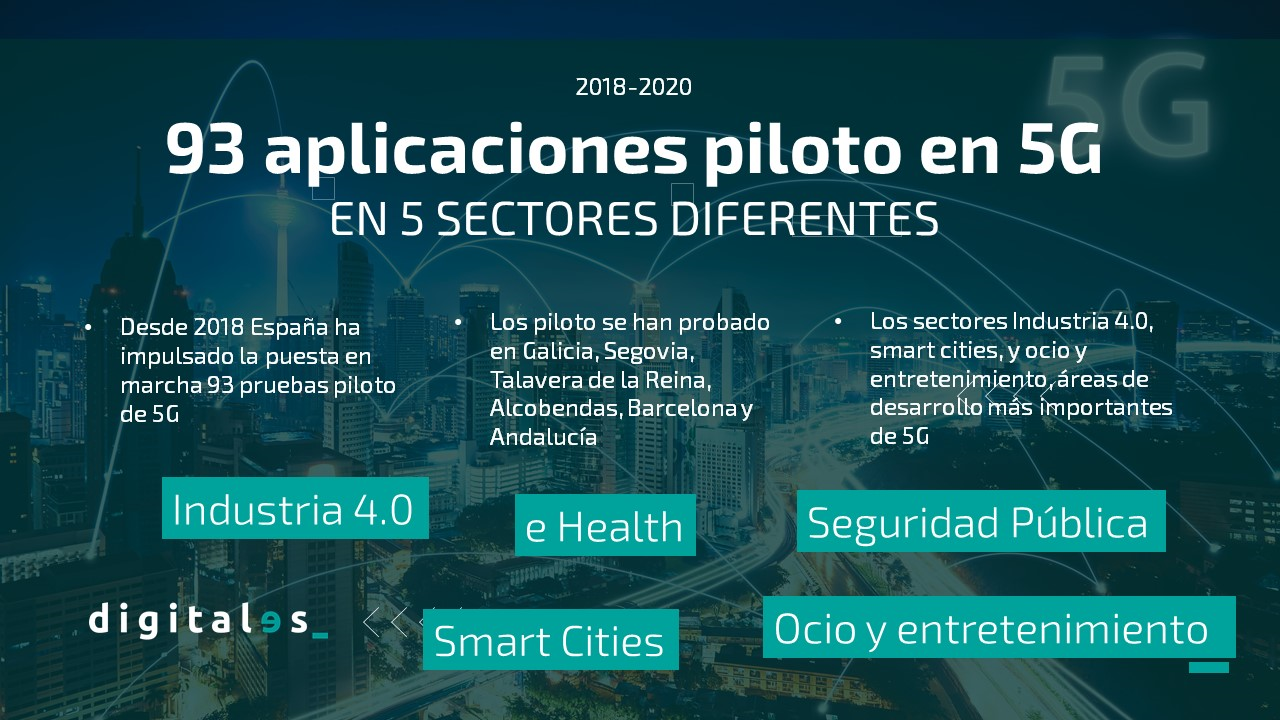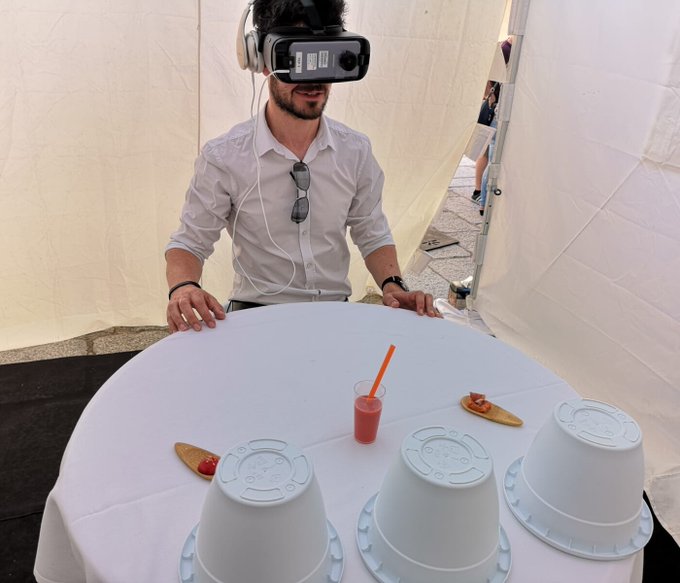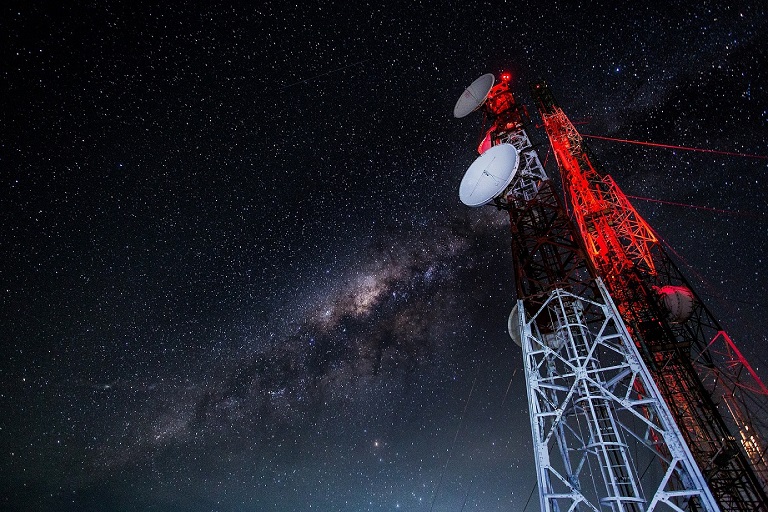28/04/2020
Eight out of ten European 5G projects have Spanish participation. Spain ranks second in both the volume of projects and the economic return on this technology, behind only Germany. In terms of the number of tests, however, Spain is ahead of France, Italy and Germany.
It was also one of the first countries in the world to commercially implement this technology. Only four countries have done so before, and for a mere 30 days: South Korea, Switzerland, the United Arab Emirates and Finland.
Specifically, 93 pilot projects have been developed with the participation of Telefónica, Vodafone, Orange and Masmovil, in five different sectors: Industry 4.0, eHealth, SmartCities, Public Safety and Leisure and Entertainment.

Galicia, Catalonia, Andalusia, Segovia and Talavera de la Reina are the main recipients of these projects, which range from connected ambulances to immersive reality in the Camp Nou stadium.
What do these pilots consist of and how is 5G technology helping to improve our quality of life? We review five of them as an example of what they bring to society in terms of security, leisure or telemedicine.
In Utrera (Seville), an ‘affective avatar’ is being developed to help the elderly improve their medication adherence. A loved one – usually a grandchild – appears on a 5G tablet to make communications to the “elder” and remind them of medical appointments, family events or the importance of taking their medications.
In Taboada (Lugo) a pilot project is developing new healthcare services in rural areas. The ultrafast connectivity of 5G enables telediagnosis and advanced clinical telecare through the transmission of high-resolution video and images.
In Barcelona, one of the #5G pilots is working on more effective firefighting. The technology is applied to drones equipped with sensors that can capture, process and transmit high-resolution video with geo-referenced aerial images.
https://www.youtube.com/watch?time_continue=9&v=c4dDHW0xsCs&feature=emb_logo
In the Cereixal Tunnel (Lugo) a #5G pilot works to improve vehicle safety. It offers driving assistance with disruptive technologies such as C-V2X and IoT sensors. In addition, sensors for pollution, visibility, gases, etc. will be installed to monitor the condition of the tunnel. All information will be collected for analysis using Artificial Intelligence techniques.
There are also activities related to leisure. In Segovia, immersive tourism experiences have been developed with #5G that combine different senses (sight, taste, smell). In ‘Tapas’, the user is virtually transported to different scenarios, such as a beach or even Mars, while enjoying live different gastronomic tapas.











